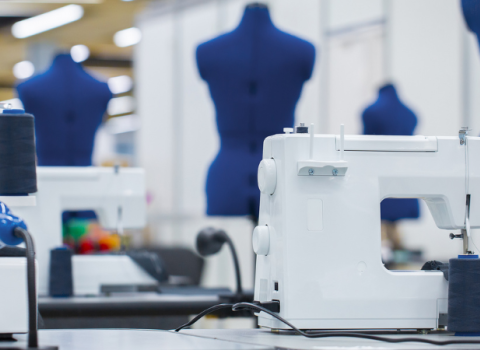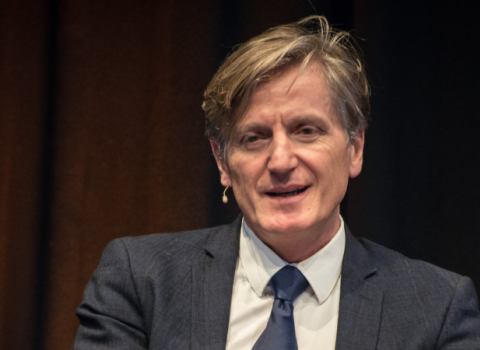
Commissioner Potočnik: Europe needs to react faster.
With, for example, Europe producing 100,000 engineers a year and China 600,000, and Chinese investment in R&D increasing by 20 per cent a year for the past five years, Potočnik was blunt: “Time is certainly not on our side.”
Where’s business (and its money)?
Potočnik also called on business to step in and support the EIT, the new European Institute of Innovation and Technology, which he sees as “one of the inputs we could bring to the reality of a European innovation boost”. It would succeed, he said, only if “bottom-up” development is taken seriously.
“We have had one relatively sad story connected to Galileo, he said, “where we hoped it would be public–private partnership, and it ended with public–public partnership – so we are partners with ourselves.”
But he is more confident about business involvement in, for example, the Joint Technology Initiatives launched by the Commission.
How will Europe react to the global challenge? “Will we be fast enough?” he asked. “We have checks and balances so we don’t make mistakes, but they don’t let us be vital and fast enough in some of our reactions.”
Certainly, according to Potočnik, the political will is there. When competition policy – which he stresses is not his brief – was being formulated, he said, “we did everything possible to make the rules less cumbersome for SMEs, and more attractive for innovation”. But, he added, it is “sometimes difficult – even for commissioners – to know clearly if the end product will be sufficiently good”.
Responding to concerns from Innovation Board members that SMEs were not thinking big enough, he said that in the future they would not have the choice. “Either you want to be successful or not,” Potočnik said. “You have to play globally: that’s the way the world is turning.”
Potočnik balanced his remarks by pointing to the large range of support for SMEs across a range of programmes, including the largest research funding, Framework Programme 7.
“Whether we like it or not, we will go in this direction,” he said. “What we are seeing in China or India, or even Brazil, is only the beginning.”
The Science|Business Innovation Board is a blue-ribbon panel of innovation experts, reviewing and making policy recommendations. Attendance is by invitation only. The meeting in Barcelona was hosted by ESADE and sponsored by Microsoft.





 A unique international forum for public research organisations and companies to connect their external engagement with strategic interests around their R&D system.
A unique international forum for public research organisations and companies to connect their external engagement with strategic interests around their R&D system.